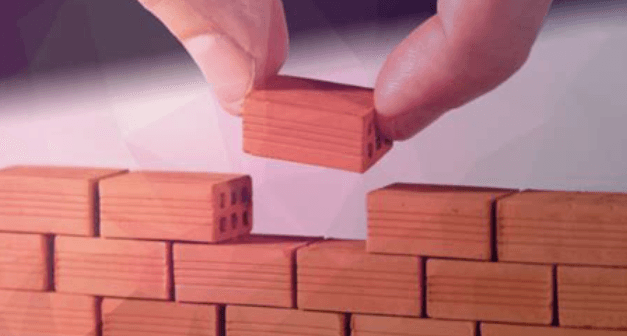An iterative mindset
This concept is most associated with software development, particularly at fast-moving start-ups with few resources:
- Instead of trying to release a perfect version of a product that may or may not fit customers’ needs, focus on producing a “minimum viable product”.
- Getting an imperfect product out as quickly as possible allows a product team to use data and user feedback and identify what works and doesn’t work, and incorporate those learnings back into future iterations, of the product.
To break the gridlock of analysis paralysis, we can view each decision as an experiment to be tested. It gives us the freedom to choose something quickly because we know we can improve upon it later.
1.28K
1.45K reads
CURATED FROM
IDEAS CURATED BY
The first step in the acquisition of wisdom is silence, the second listening, the third memory, the fourth practice, the fifth teaching others.
The idea is part of this collection:
Learn more about problemsolving with this collection
Cultivating self-awareness and self-reflection
Prioritizing and setting boundaries for self-care
Practicing mindfulness and presence
Related collections
Similar ideas to An iterative mindset
Build #step-1
- For a startup, you need to start creating a Minimum Viable Product (MVP) as soon as possible.
- MVP is a version of a product that allows you to start the Build-Measure-Learn cycle with minimal effort, spending as little development time as possible.
- Such a crude product may b...
Achieve Goals Faster: The Rule Of Five
- While starting out to accomplish a goal, we feel overwhelmed with the abundance of advice and information, creating an analysis paralysis.
- Inaction and decision fatigue ensues, as we lose track of where to begin.
- The Rule Of Five is a reme...
Protein fixation can become an eating disorder
Certain people, such as athletes, may require more than the minimum recommendation of 0.8g per kilo of bodyweight. The problem is that when we think more protein is better, we don't know when to stop. This fixation with protein can ultimately become a form of an eating disorder.
Read & Learn
20x Faster
without
deepstash
with
deepstash
with
deepstash
Personalized microlearning
—
100+ Learning Journeys
—
Access to 200,000+ ideas
—
Access to the mobile app
—
Unlimited idea saving
—
—
Unlimited history
—
—
Unlimited listening to ideas
—
—
Downloading & offline access
—
—
Supercharge your mind with one idea per day
Enter your email and spend 1 minute every day to learn something new.
I agree to receive email updates

